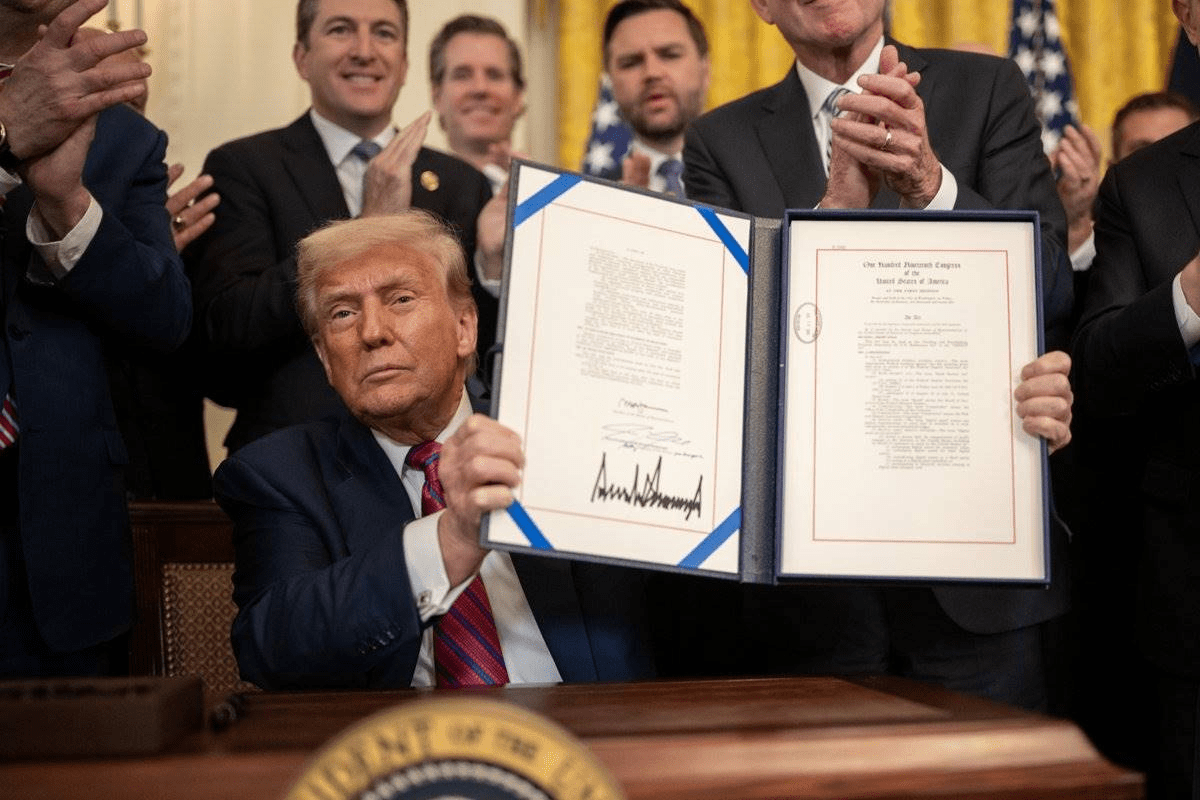
U.S. Senator and Chair of the Senate Banking Committee's Digital Asset Subcommittee, Cynthia Lummis, officially introduced a new bill today—the 21st Century Mortgage Act.
Core Content of the Bill:
The bill requires the two major U.S. government-supported housing mortgage companies—Fannie Mae and Freddie Mac—to consider digital assets (such as cryptocurrencies) recorded on distributed ledgers (like blockchain) when assessing the eligibility of applicants for single-family residential mortgage loans.
The bill explicitly states that borrowers cannot be forced to convert these digital assets into U.S. dollars during the assessment process.
Objectives of the Bill:
The main purpose of this bill, proposed by Senator Lummis, is to enhance the opportunities for the younger generation to obtain housing loans by recognizing digital assets as effective indicators of borrower wealth and repayment ability. She believes that many young Americans have included digital assets as part of their portfolios, and the existing assessment system fails to adequately reflect this reality.
Policy Background:
It is noteworthy that the introduction of this bill is not an isolated event. On June 26, the Director of the Federal Housing Finance Agency (FHFA), Sandra Thompson, had previously stated on social media: 'After research and following President Trump's vision of making the U.S. a cryptocurrency capital, I have instructed Fannie Mae and Freddie Mac to prepare for business and to recognize cryptocurrency as an eligible asset for mortgage applications.' The FHFA is the primary agency regulating Fannie Mae and Freddie Mac, and the director's directive provides important policy groundwork and directional support for Senator Lummis's bill.#美联储利率决议
Lummis's Position:
Senator Lummis is a well-known supporter of cryptocurrencies in Washington. She previously proposed the Bitcoin Strategic Reserve Act, advocating for Bitcoin to be included in the U.S. Treasury's strategic reserves. The introduction of the 21st Century Mortgage Act further reflects her commitment to integrating digital assets into the mainstream financial system in the U.S.#美国与欧盟达成关税协议
Potential Impact:
If the bill passes and is implemented, it will mark the official acceptance of digital assets as a legitimate source of collateral in the U.S. housing finance system, potentially significantly broadening pathways for cryptocurrency holders, especially younger groups, to enter the housing market.

